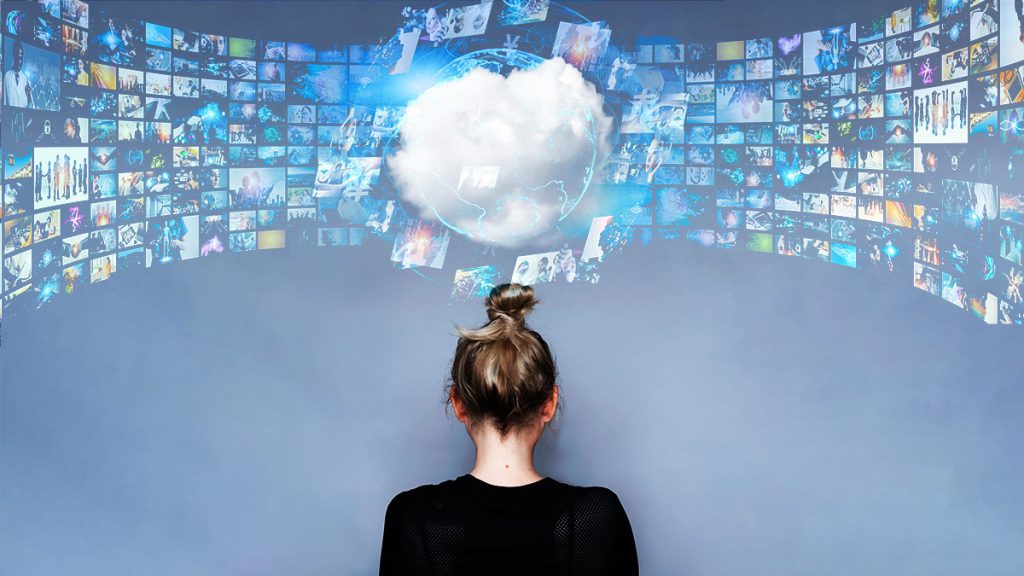
In the ongoing discourse surrounding the mental health of Gen Z, the impact of technology and social media remains a point of contention.
- Abusive use of social media can be detrimental, particularly for younger users, necessitating a need for balance.
- Technology enables connection, support, and solidarity during crises, as witnessed during the pandemic.
At this point in the 21st century, mental health is still a point of contention. You’ve got the younger generations admitting that mental health is a pillar of a good life. Then the older generations are still in denial. But there’s a caveat. You see, the older generations strongly believe that all our problems stem from phones. I swear I could have a stomach bug and my parents will blame the phone! But technology, and in turn social media, are not all bad all the time. The mental health of Gen Z is the most at risk considering they are almost fully digital natives.
The Bad
If abused, social media could be detrimental to the users. And the younger they are, the worse the damage could get. Humans love to self-indulge, so it is unreasonable to demand a balance and just leave it at that.
The widespread use of technology and social media subjected the Gen Z generation to cyberbullying and online harassment. It’s easy to spew hate when hiding behind a screen. One of the earliest incidents of suicide due to cyberbullying is the case of 13-year-old Megan Meier back in 2006. One of her friend’s parents disguised themselves as a young boy and bullied her on MySpace. I recommend watching 2011’s Cyberbully starring Emily Osment for a look into what could be the mental health of Gen Z today.
Then they have to deal with social comparison, as Gen Z constantly compares their own lives, achievements, and appearances to their peers’ carefully curated online personas. This can contribute to feelings of inadequacy, low self-esteem, and a distorted sense of reality.
Last but not least, the body image issues. Gen Z consumes digitally altered images and unattainable beauty standards. This exposure can contribute to the development of eating disorders, body dysmorphia, and a negative relationship with one’s own body.
The Good
According to a McKinsey & Company report on Gen Z’s mental health and the impact of tech and social media, technology and social media have several positive effects on the mental health of Gen Z. Increased access to information and resources allows this generation to find educational content and tools related to mental well-being. Online support communities foster a sense of belonging and understanding, while efforts on social media promote mental health awareness and destigmatization. Not to forget, during crises, technology enables Gen Z to stay connected, receive support, and find a sense of solidarity. I don’t know if you were on TikTok during the pandemic but the amount of discourse that was going on about mental health and the sharing of resources was exceptionally heartwarming.
Final Thoughts
I’m technically a Gen Z even though most times I can’t relate to them except for the morbid sense of humor. But I feel qualified enough to say that social media is not the best place. But that is not to say that it doesn’t have its positives, but you need to intentionally seek them out as the algorithm will feed you more of what you seek. One of the few places in my life where I found an open discourse about mental health is on there, surprisingly enough. I wish I knew of these possibilities when I was younger. Yes, it sometimes sucks, but don’t count it out yet.
Inside Telecom provides you with an extensive list of content covering all aspects of the tech industry. Keep an eye on our Impact section to stay informed and up-to-date with our daily articles.